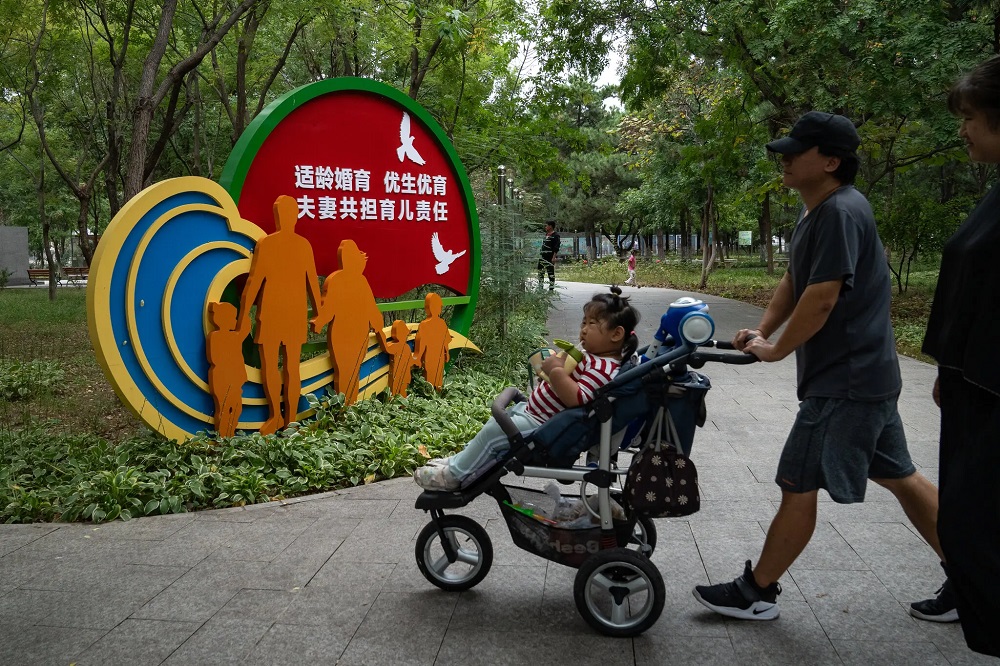Historically, China’s government influenced family planning, enforcing the one-child policy. This policy involved harsh fines and forced abortions. Today, the focus has shifted, encouraging families to have more children. As China faces an aging population, the government sees this as an economic necessity.
Officials have begun knocking on doors, asking women about their family planning intentions. Many report being questioned about personal details. These questions reflect the shift from limiting families to promoting larger ones.
[…]
The government is collaborating with universities to promote marriage and childbirth. Leaders also stress this message at political gatherings, urging women to have children. This push makes it harder for women to ignore state pressure.
In many cases, officials visit homes to track women’s progress after childbirth. Some are even asked to pose for photographs with their babies for official records. These actions make many women uncomfortable, crossing into personal boundaries.
[…]
Many women feel these efforts are disconnected from reality. The cost of raising children is high in urban China, making large families unrealistic for most. Career demands and personal goals further complicate the decision to have children.
[…]
China is not only trying to increase birth rates. The government also wants to change the culture around family. They promote a “new marriage and childbearing culture.” Once tasked with limiting births, family planning associations are now encouraging families to grow.
Health and Government Surveillance
For many women, government involvement begins even before marriage. Officials often monitor couples’ plans after free health screenings. During these appointments, women receive advice on when to have children. Many women later receive calls encouraging them to pick up free prenatal supplements.
This monitoring doesn’t end with marriage. Government websites advise pregnant women to register at community health centers, which are run by local officials and keep track of pregnancies. Some women appreciate the support, but others find it intrusive. The constant check-ins feel like surveillance rather than care.
[…]



This is maybe a devastating example why centralization and central planning is a bad and dehumanizing act for individuals in a society. There is a good documentary about China’s so-called “Ghost Children”. These are those who were born as younger siblings during China’s One Child policy.
The documentary was made in 2014. It shows how quickly things can change, and how people suffer now and then due to bad politics.
It’s really worth your time.
China’s Ghost Children – (video, 36 min)
[Edit typo.]